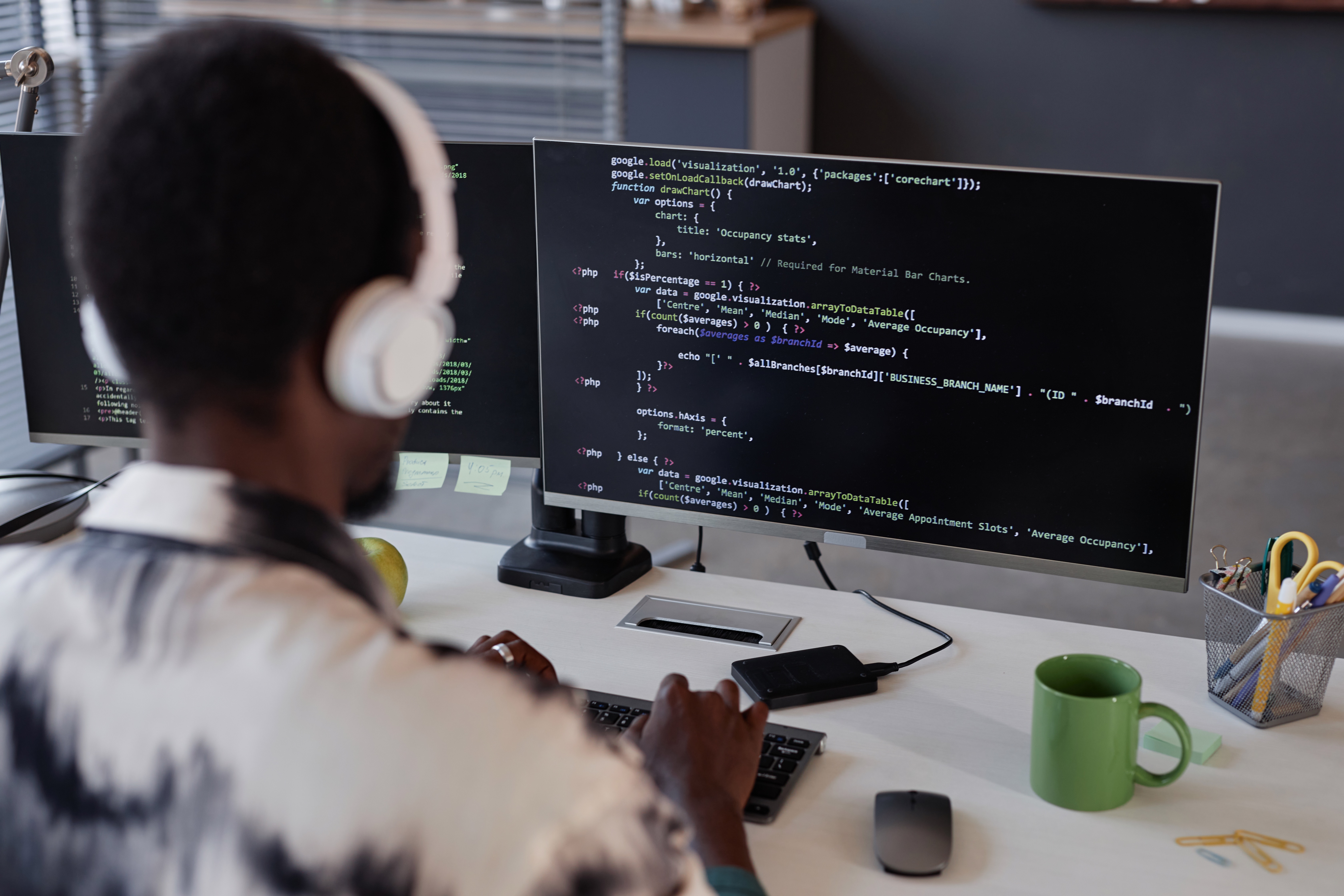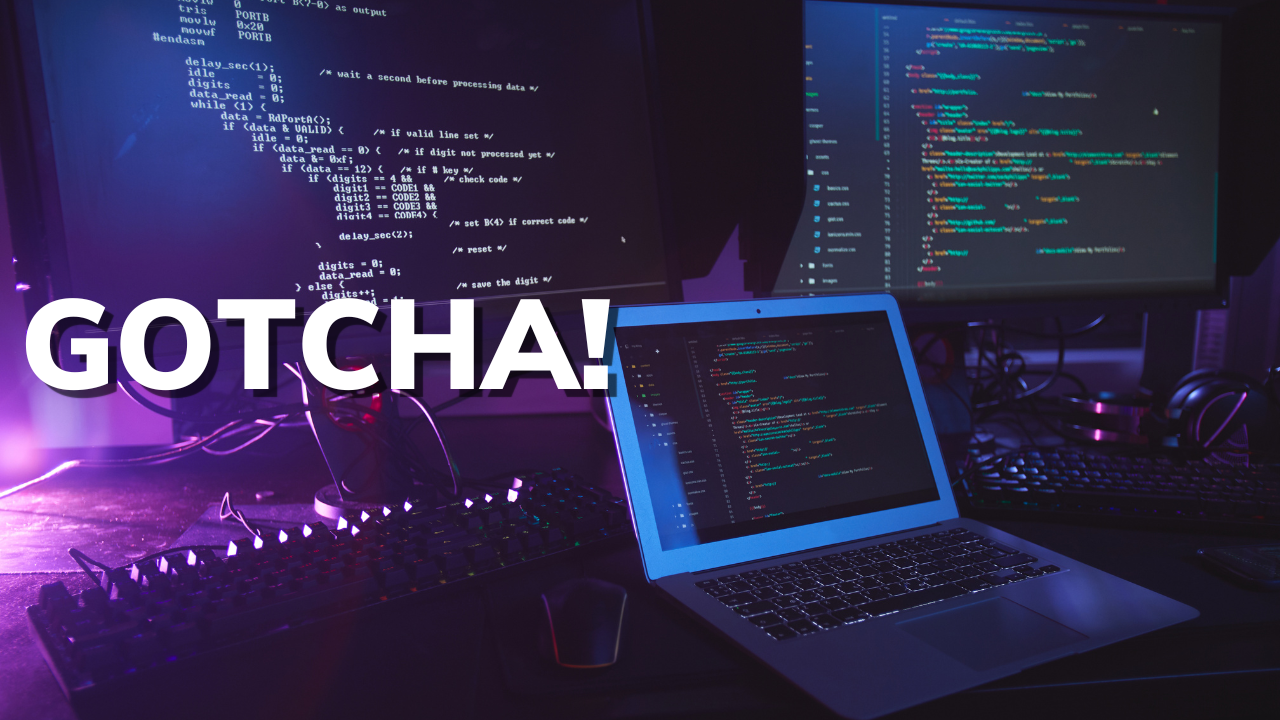
Why Reviewing Commits Is Crucial for Code Quality
By Alyce Osbourne
It’s easy to overlook details in the rush to meet deadlines. However, taking a moment to review your commits before pushing them to a public repository can have numerous advantages. Here are a few reasons why this practice is crucial.
1. Protecting sensitive information
Accidentally including sensitive data, like API keys or credentials, in your commits can have serious consequences. Reviewing your commits allows you to catch and remove such information before it is made public, safeguarding your data and privacy.
2. Maintaining code quality
Committing hastily without reviewing your code can result in unnecessary clutter, such as debug statements or commented-out code. By reviewing your commits, you can ensure that your codebase remains clean and professional, reflecting positively on your work.
3. Ensuring compliance with policies
Adhering to licensing agreements and project policies is essential when working with third-party libraries. Reviewing your commits helps identify and rectify any issues that may arise, ensuring that your project remains in compliance with legal requirements.
4. Preventing security risks
Regularly reviewing your commits can help detect and mitigate any potential security threats, including malicious code that may have been introduced by other contributors. This proactive approach protects both your project and its users from harm.
5. Enhancing professional reputation
Your public repositories serve as a portfolio of your skills and professionalism. By reviewing your commits before pushing them, you demonstrate your attention to detail and commitment to delivering high-quality work, positively impacting your professional reputation.
Best practices for commit review
To effectively review your commits before pushing them to a public repository, consider implementing the following practices:
- Utilize automated tools
- Tools like git-secrets, TruffleHog, and Talisman can automatically scan for sensitive information.
- Linters and static code analysis tools can help maintain code quality and identify potential issues.
- Manual inspection
- Take the time to manually review your changes before committing, checking for logic errors or unintended changes that automated tools may miss.
- Implement pre-commit hooks
- Use pre-commit hooks to run automated scans and checks before finalizing your commits, catching any issues before they are included in the commit history.
- Encourage code reviews
- Involve team members in code reviews to benefit from fresh perspectives and catch mistakes that may have been overlooked. Collaborative reviews can enhance code quality and security.
Final thoughts
While it may be tempting to rush through the commit process, reviewing your commits before pushing them to a public repository is a critical step in ensuring the quality and security of your codebase. Treat it as a necessary part of your workflow, adding an extra layer of polish to your work and instilling confidence in both yourself and your collaborators. Your diligence will be appreciated by all those who interact with your code in the future.


